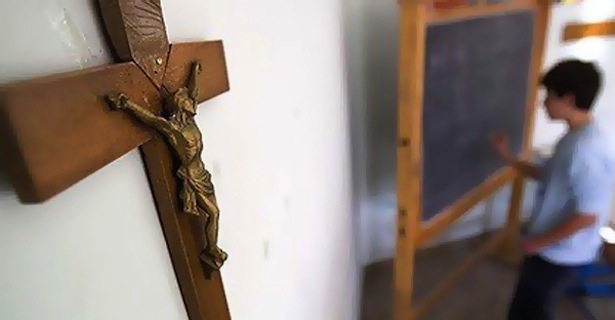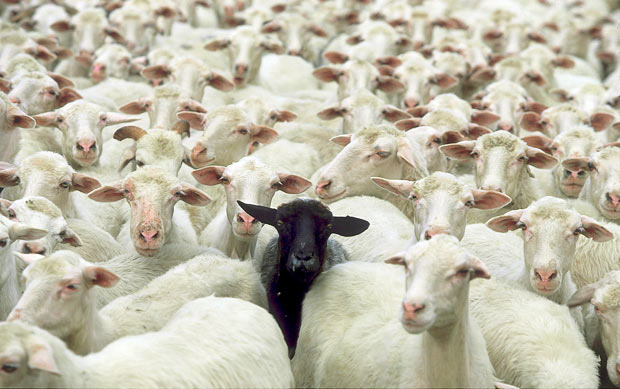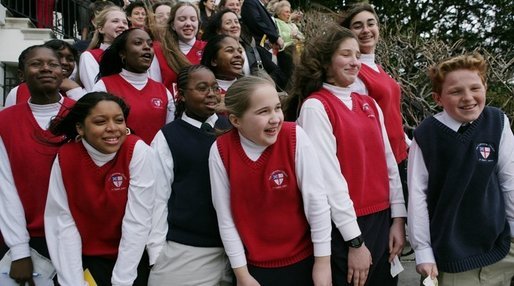![United_Nations_HQ_-_New_York_City[1]](http://www.catholiclane.com/wp-content/uploads/United_Nations_HQ_-_New_York_City1-300x204.jpg) Dressed in blue, gray and white uniforms, the children of St. Raphael Academy lined the long dark table in the hearing room. A row of microphones separated them from the two benches of smiling state legislators above.
Dressed in blue, gray and white uniforms, the children of St. Raphael Academy lined the long dark table in the hearing room. A row of microphones separated them from the two benches of smiling state legislators above.
The students wanted their state to issue a resolution urging President Obama to “adopt in its entirety” the UN Convention on the Rights of the Child.
“If enacted, the [convention]would become superior to the laws of the states and their judicial systems, and would be subordinate only to the text of the Constitution,” the proposed resolution stated.
For years, child rights advocates have campaigned to get the United States onboard the controversial children’s treaty. The only other hold out is Somalia, and that country recently announced its intention to join the treaty.
The hearing, held just a few weeks ago in Providence, Rhode Island, was supposed to be a mere formality. State legislators were eager to help the children. The state Senate hastily added its own hearing on the same night to accommodate them. The school had already arranged photo sessions with national legislators in Washington to capture the moment the students would deliver their prize.
It didn’t turn out the way the teachers said it would.
In an awkward turn of events that pitted pro-life and pro-family advocates against the students, legislators heard a host of reasons why U.S. ratification posed a threat to religious freedom, parental rights, and the right to life.
Heightening tensions was talk in the halls that the Vatican backed the resolution. The school’s lay chaplain testified that the resolution was launched at a joint event at the United Nations last year hosted by the Holy See and the religious order that runs St. Raphael’s.
Sources at the Holy See told the Friday Fax that it did not back the resolution. While the school did not mention it, the Holy See acceded to the treaty with several reservations, and just last year they upbraided the committee that monitors the treaty for misinterpreting it.
In 2009, that committee began interpreting it such that children must have access “without parental consent” to “reproductive health education or services,” a term often used by UN staff to include abortion.
Barth Bracy told the legislators that, if ratified, the treaty could jeopardize the state’s parental notification laws regarding abortion. The Rhode Island Right to Life director told the Friday Fax he was shocked and saddened to see students promoting the treaty completely unaware of its ramifications. “Just like Gaddafi, it seems some activists are willing to use our children as human shields to promote an anti-life agenda.”
Neither the House nor Senate resolution passed in the state legislature. The Friday Fax spoke with the campus lay chaplain, but she and the principal declined to comment.
This week another resolution wended its way through the Illinois legislature. If enacted, it would make all state child welfare programs comply with the convention regardless of U.S. ratification. A vote is scheduled for the end of this week.



